Coastal Care Junior
July 13, 2024
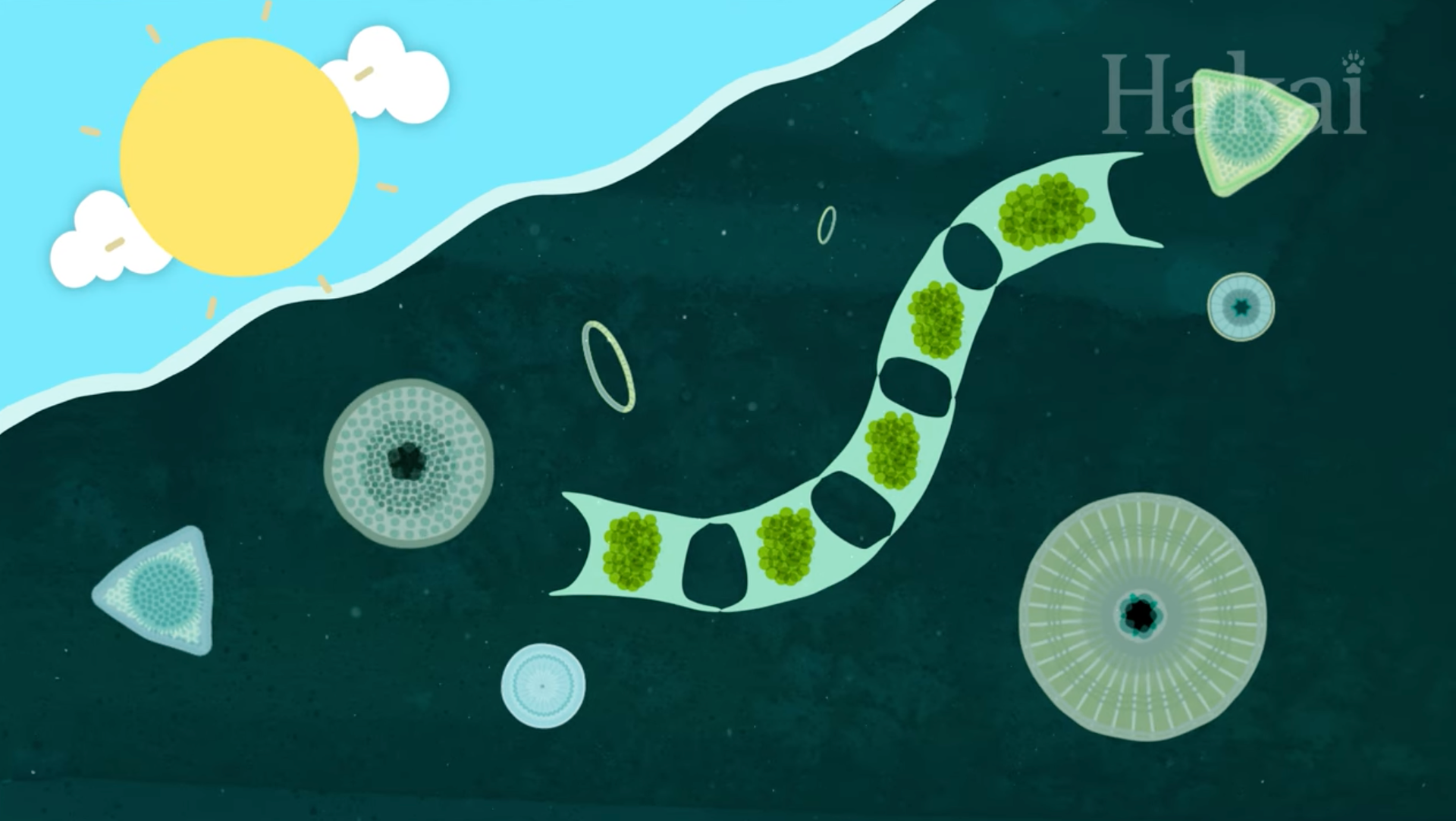
Long Story Shorts: How Does Fish Poop Keep Our World in Balance? – Hakai Institute
Excerpt:
You might be asking yourself, What does fish poop have to do with the health of the ocean and our planet? Well, gross or not, that fish poop plays a big role in something called the carbon cycle. Watch this video to find out—then think about everything else that goes number two in the deep blue and you’ll see how all that poop can help keep the Earth in balance.
This episode is part of (the Hakai Institute’s) series Long Story Shorts—fun, quick explainers about all things coastal science!
Series produced by Kristina Blanchflower and Katrina Pyne
Written, edited, and narrated by Kristina Blanchflower
Illustrations by Mercedes Minck
Science consultation provided by Kelly Fretwell
For more information and resources visit
More in Coastal Care Junior . . .

New Reads for Coastal Kids Are Packed with Fun and Facts – Hakai Magazine
These 10 coastal-themed books deliver more than pretty pictures…
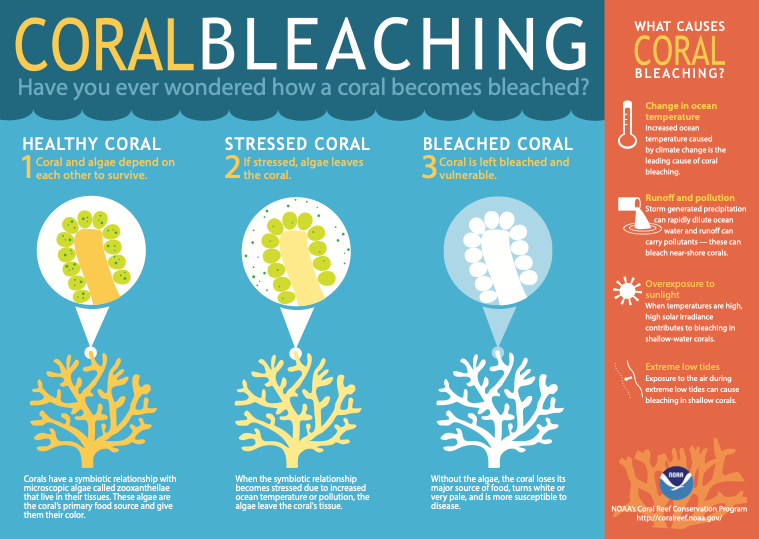
Seabird poop helps restore coral reefs – Mongabay Kids
Exciting news! Scientists working on reefs in the Indian Ocean have discovered that nutrients from seabird poop help corals grow…
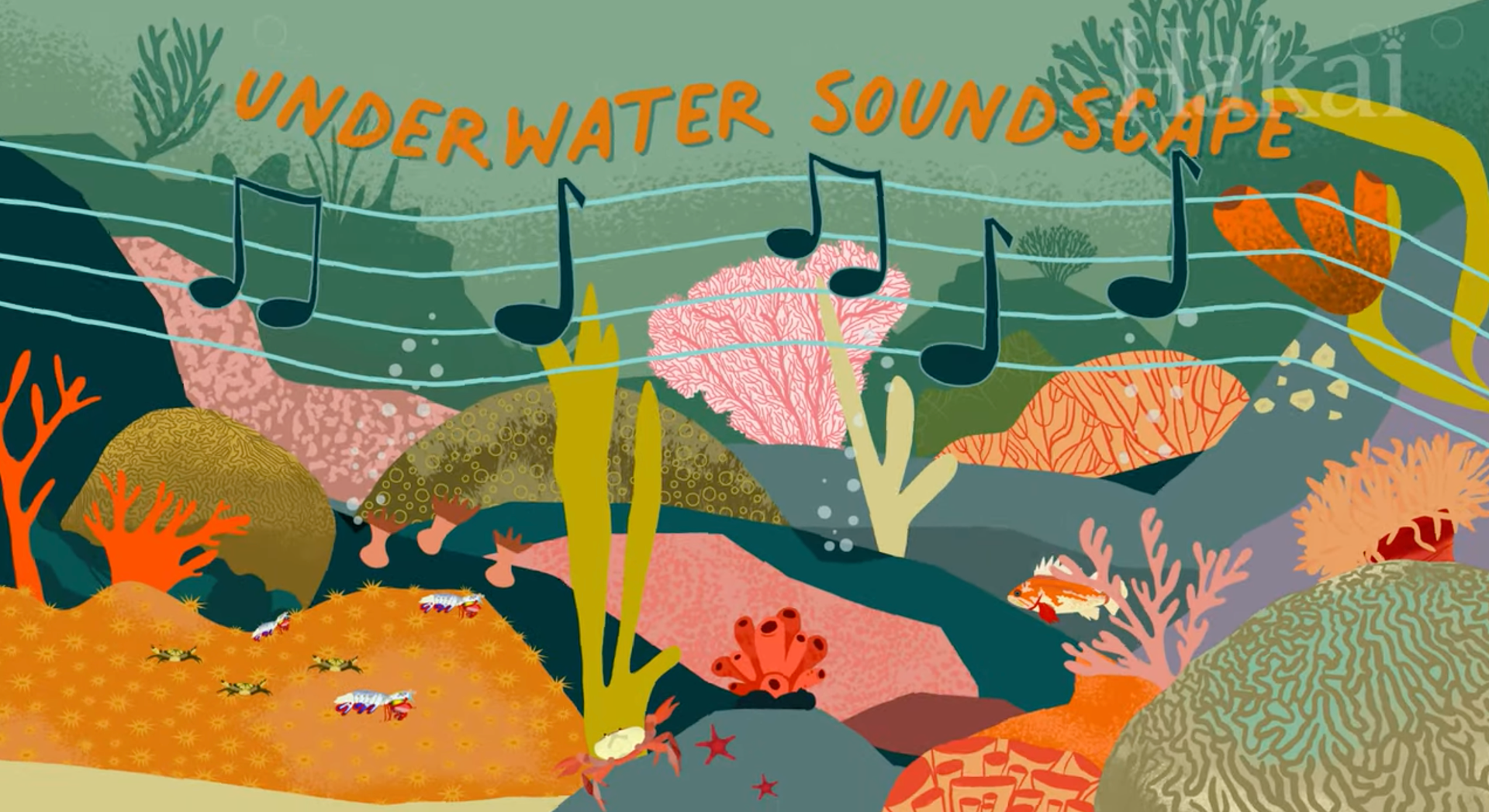
Long Story Shorts: What Role Does Sound Play in the Ocean? – Hakai Institute
Have you ever wondered how sound works underwater? Or how much life in the ocean depends on hearing and being heard? Watch this episode of Long Story Shorts to get the answers, and find out what happens when we interfere with the soundscapes of the sea…
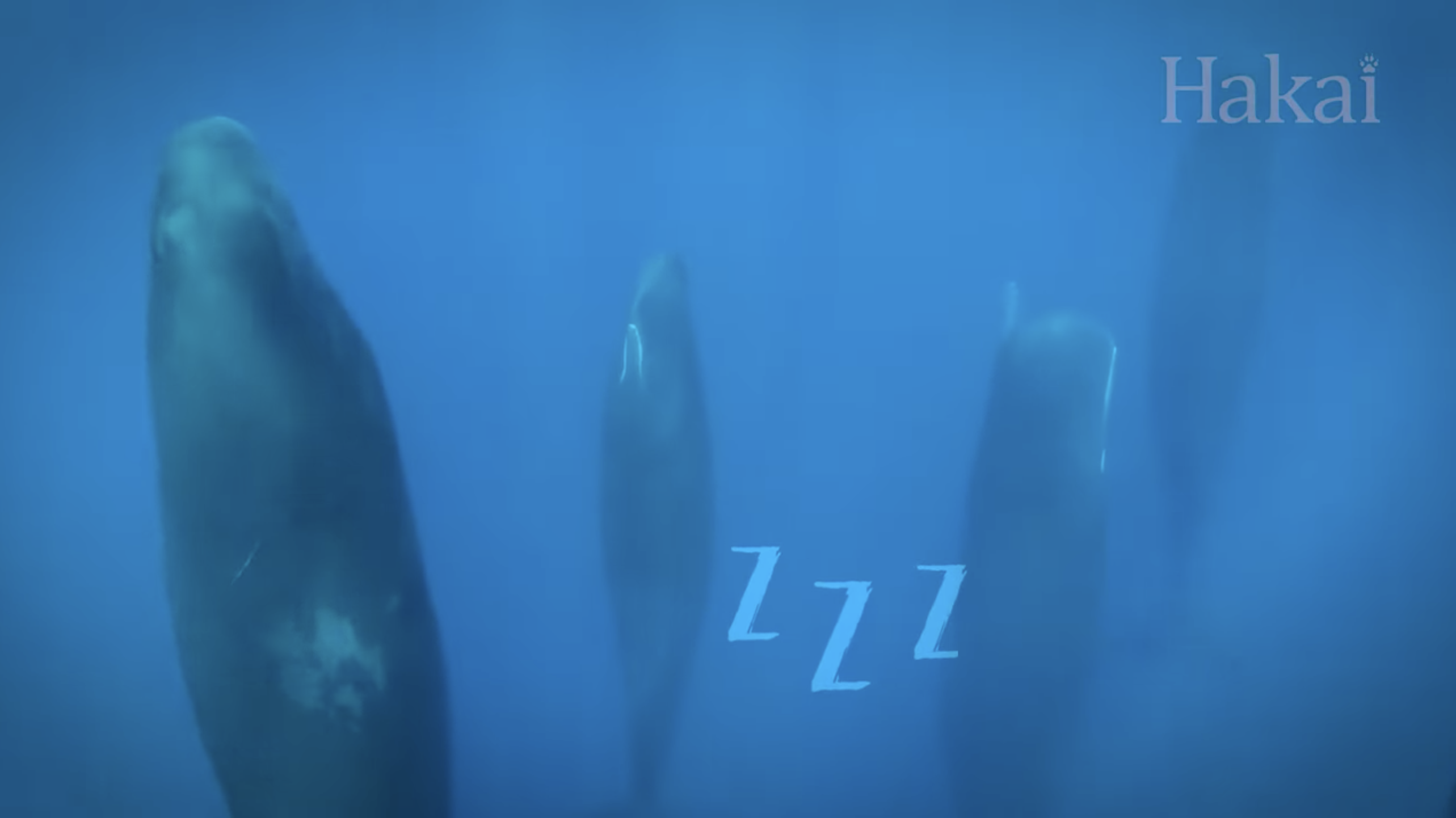
Ocean Wonders: Slumber in the Sea – Hakai Institute
Though we’re still not sure exactly why we and other animals snooze, we do know that sleep can look very different for creatures living underwater. Follow us down into the deep to discover how dozing in the ocean can be more bizarre than your wildest dreams…
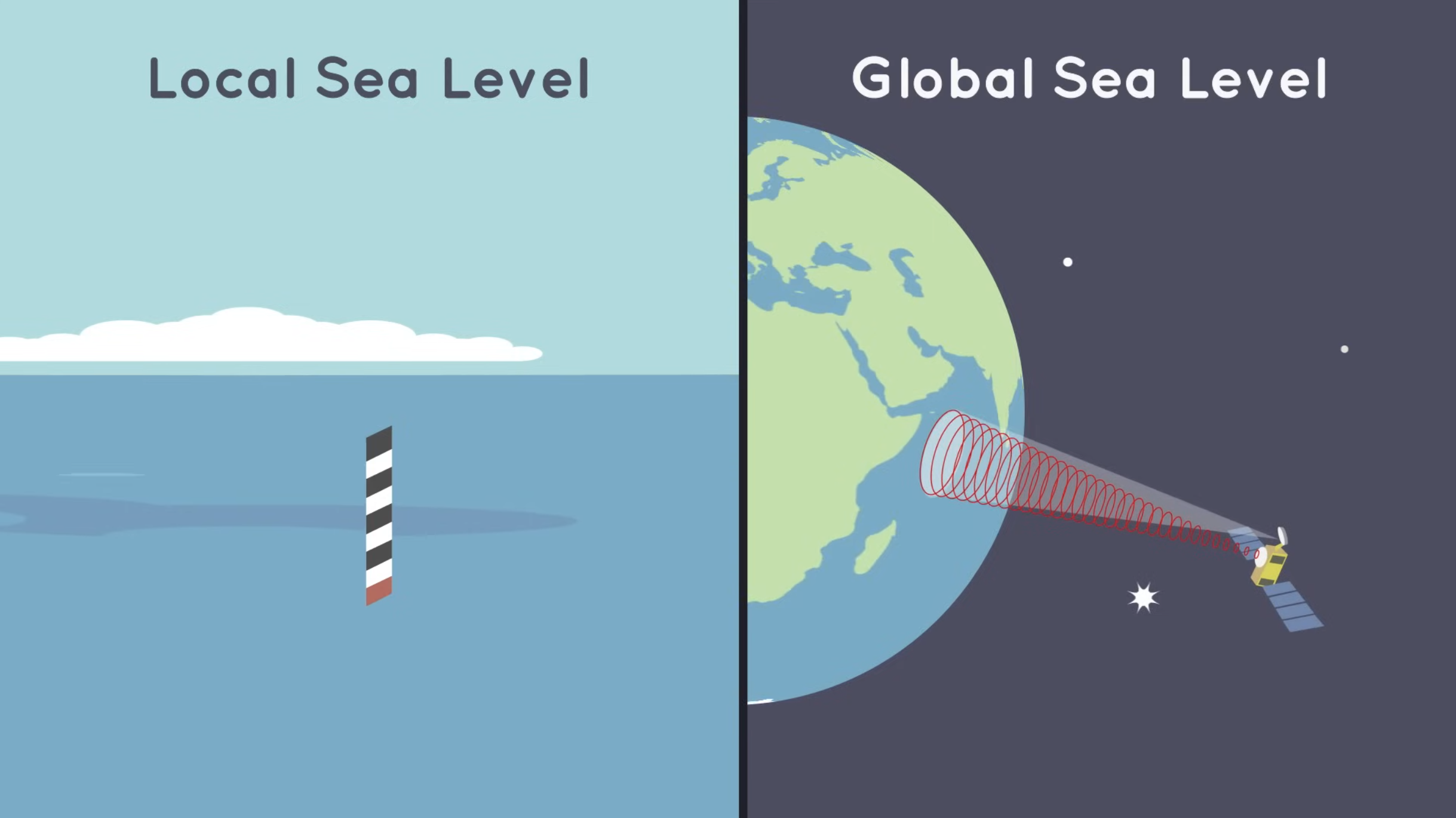
What Causes Sea Level Rise? – NASA Space Place
People have been measuring local sea level at certain locations along the coasts for hundreds of years. And NASA has been measuring the global sea level for almost three decades. Over this time, scientists have observed that the global sea level has been rising. The ocean is about 7 to 8 inches higher now than it was a century ago. Why? Because Earth is getting warmer…
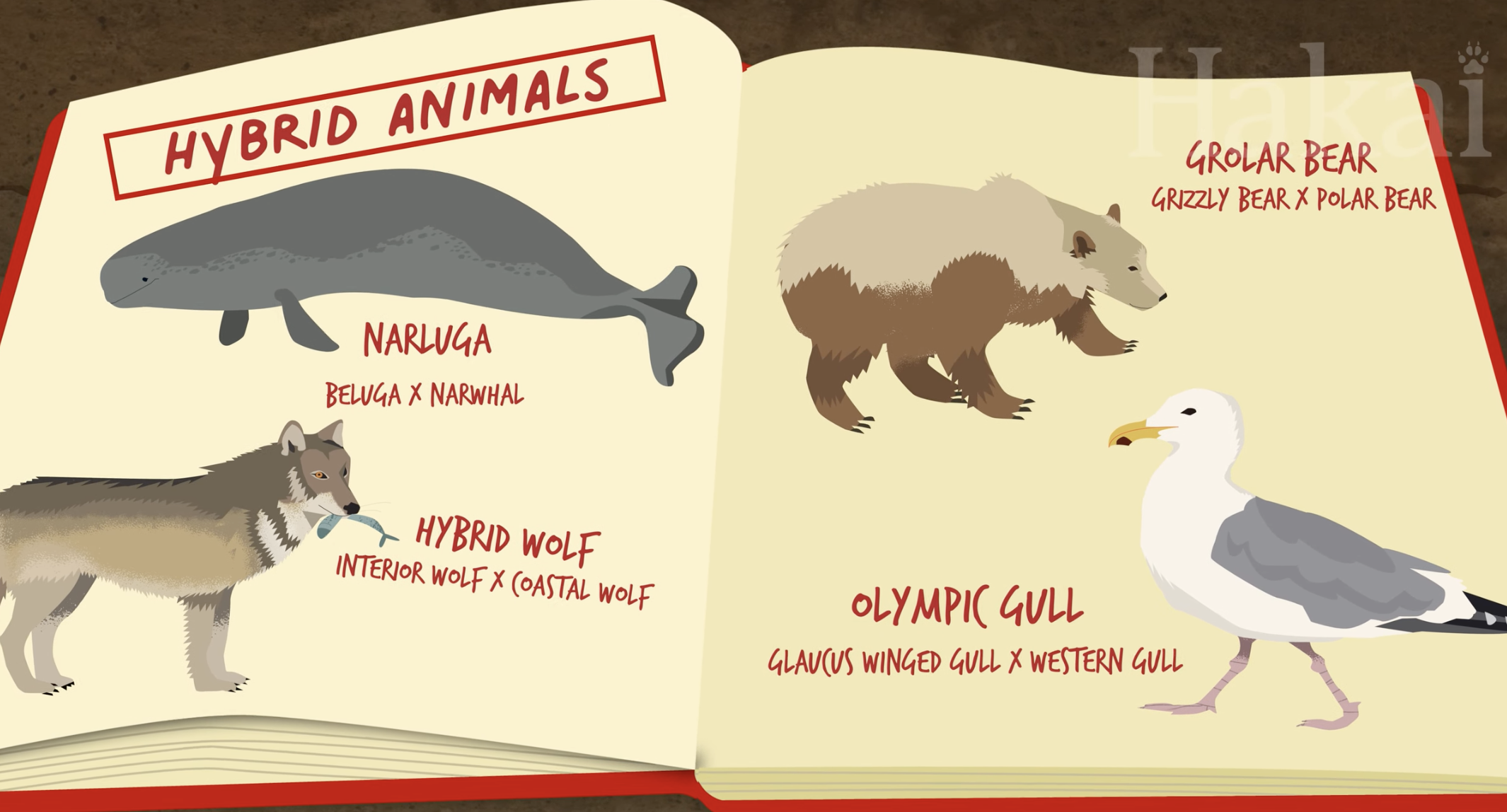
Long Story Shorts: What Are Hybrid Species? – Hakai Institute
“While tales of centaurs, minotaurs, and other mythical hybrid animals have captured the human imagination for centuries, our planet harbors its own collection of extraordinary beings that blur the lines between species. Journey with us as we explore the wonderful world of real-life hybrid animals….”
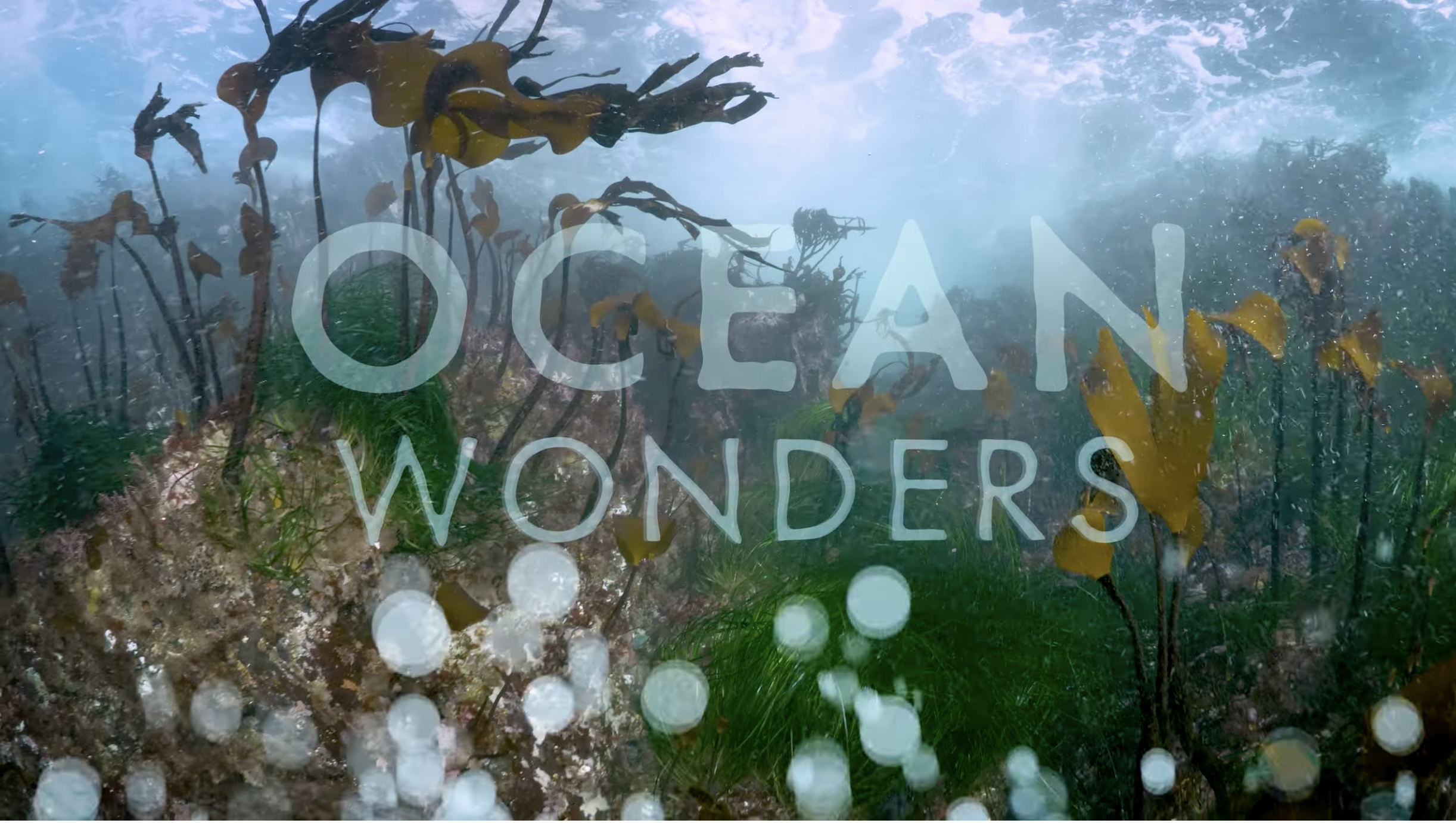
Ocean Wonders: Aging in the Abyss – Hakai Institute
“Imagine what it might be like to get old living in the deep. From creatures that exist for just a matter of days to others that never quite die, animal aging in the deep blue is as wild as the sea itself. Join us as we take a look at what it’s like to grow old in the ocean…”
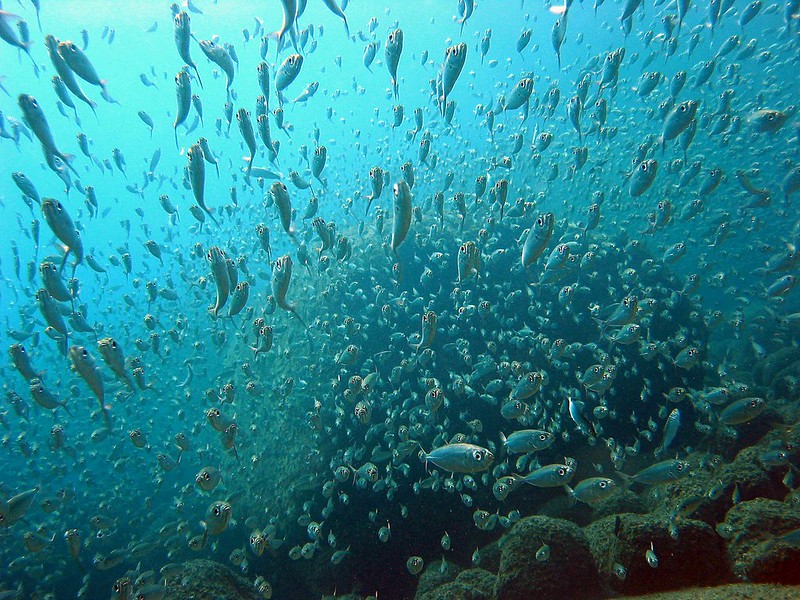
What happens to the ocean if we take out all the fish? – the Conversation
“What would happen to the ocean if we took out all the fish?” – Reny, age 12
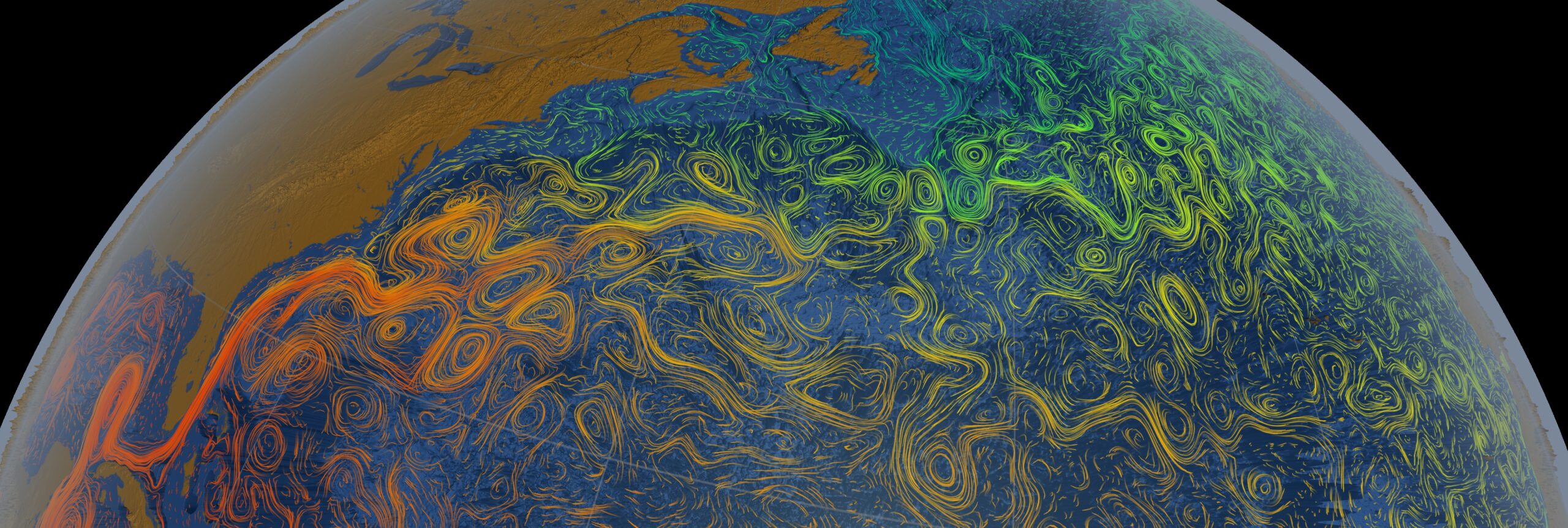
How do ocean currents work? – TED-Ed
Dive into the science of ocean currents…In 1992, a cargo ship carrying bath toys got caught in a storm…
